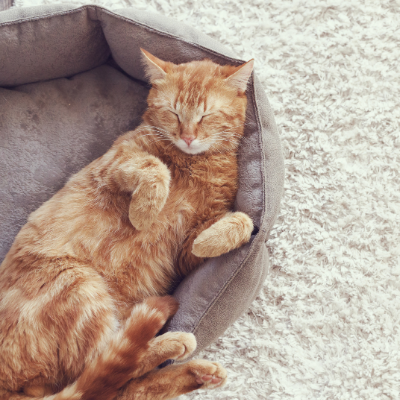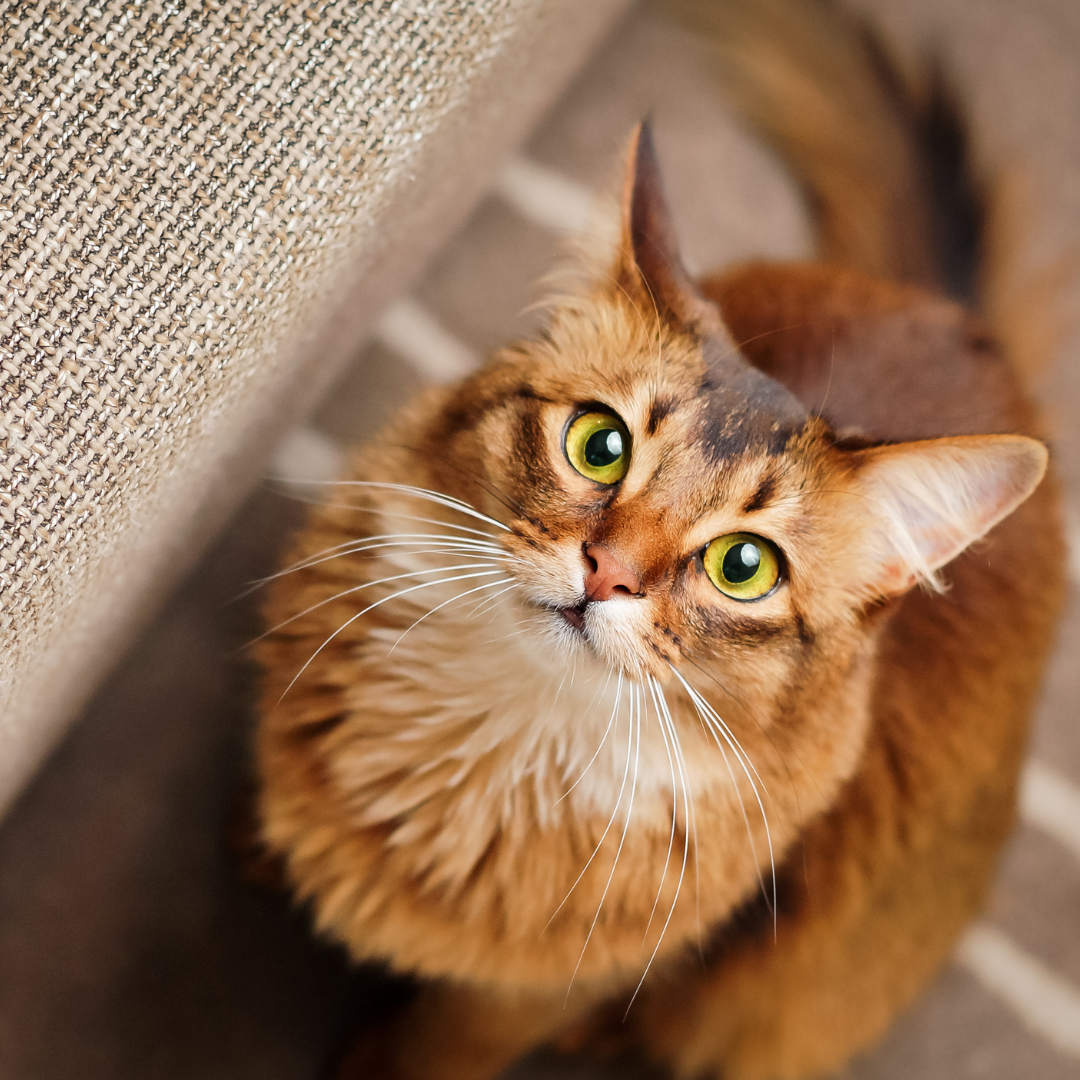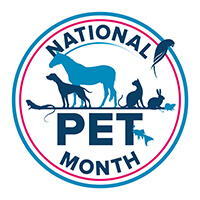New Owners In Pandemic Times and Preparing Your Pet For Change: Cat Advice

Tips from Sarah Tapsell, RSPCA Clinical Animal Behaviourist on helping cats to adjust when we head back to work.
Last month, the latest PFMA (Pet Food Manufacturers’ Association) pet population survey revealed that 12 million cats and 12 million dogs reside in the UK.
It also showed that 3.2 million UK homes have a pandemic pet, with 38% admitting it’s just like having a new baby. Two thirds of new owners are aged 16-34.
As we begin to come out of lockdown, we have put together some top tips from animal health experts to help you care for your new arrivals and help pets adjust to changes when many of us go back to work.
Let’s start with some pointers for cat owners worried about leaving their feline friends when it’s time to return to the workplace.
Routines will change again, so here are some tips from Sarah Tapsell, one of the RSPCA’s regional clinical animal behaviourists.
She explains: “All cats are individuals and some may enjoy human companionship and time with people more than others. This means there will likely be some cats who are enjoying the increased time spent with their owners during lockdown whereas other cats may be happy to have more quiet time when you return to work.
“Whichever kind of cat you have, cats can be sensitive to change, and so a change in routine can cause stress to your cat. It is important to make any changes gradually, whilst still ensuring all their needs are met.”
Sarah’s key tips:
- Before going back to work, gradually reduce the amount of interaction you have with your cat to help them prepare. For some cats, a sudden reduction in interaction could lead to stress and frustration as their expectations are not being met, although others may be happier to have less interaction.
- Try and identify how your cat is feeling, especially if they are doing something that is unusual for them compared to how they are normally. A cat who seeks more interaction from you and maybe plays more roughly with you may be frustrated or bored and struggling with the reduction in attention. A quiet and withdrawn, or more irritable cat may be stressed and in need of their own space. It can be useful to recognise this so you can give them their own time and a safe place to rest.
- When you do go back to work, ensure you still spend quality time with your pet when you return, and do things which they enjoy such as playing or grooming as it is important in helping them to get used to any changes.
- Any changes in routine should be introduced gradually.
- Ensure your cat has hiding places and elevated resting places which help relieve stress for cats by offering them a safe place to hide.
- Ensure you aren’t over handling your cat to try and comfort them. Being picked up or followed around can add to their stress if this is not their choice.
- Gradually adjust your routine to what it will be when you return to work i.e. feeding times and frequency, play times.
- Help prevent boredom whilst you are at work by providing puzzle feeders, toys and scratching posts - this is especially important for indoor cats.
- Your life may become a lot busier after lockdown but it’s important to ensure you still spend quality time with your cat every day.
For more information on coronavirus and our pets see www.rspca.org.uk/coronavirus.

Keep an eye out for dog tipscoming soon!


